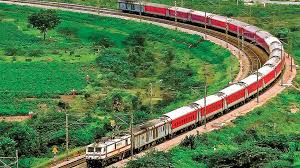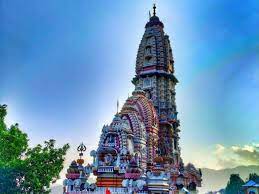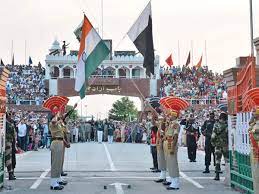Earth Day: While humans are in a lockdown, Earth restores itself
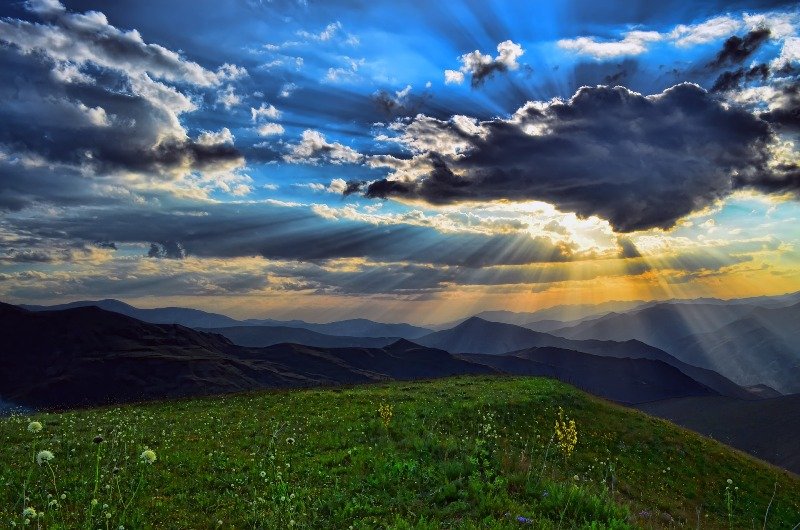
Amid the coronavirus outbreak, the world of humans is fighting for survival, locked up in their concrete jungle, the natural world is restoring itself. The skies are now clearer, air is more pure, the marine life is coming back to the clearer rivers. No one would have thought of seeing this view on the 50th Earth Day.
This is definitely not the way we wanted the restoration of nature to happen, but seeing such brighter sides in these dark times definitely brings a smile on the face of us natural lovers.
A huge dip in level of pollution
The annual event of Earth Day, held online, discusses that the restrictions on human activities to stop the spread of COVID-19 has resulted in a dip in air pollution in China, Europe and the US. Heading for a record of 5% annual drop of carbon emissions from burning of fossil fuels.
The people of Jalandhar, Punjab for the first time saw the Dhauladhar mountain range from their homes. The people exclaimed that they had never thought they would see the Himalayas from their roofs in this lifetime.
The wildlife is taking over the streets
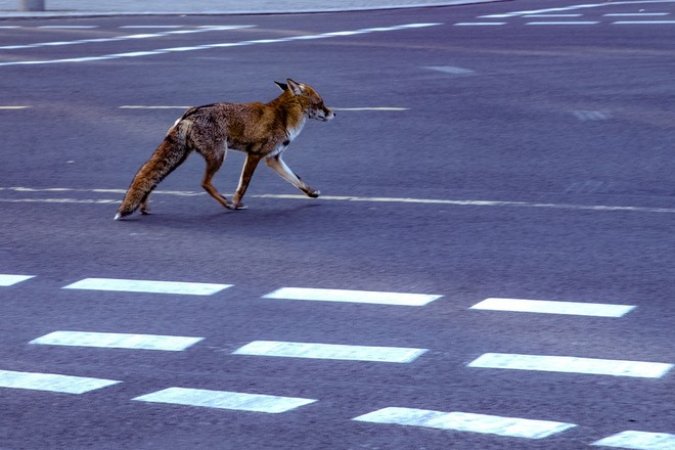
Not just from India, but from many other countries, we have noticed the photographs of wild animals roaming carefree on the otherwise busy roads going viral. Be it the Snow Leopards making a surprise comeback to the Nanda Devi National Park or the Lions lounging on the roads in South Africa that is usually crowded with tourists, all these photos show how wildlife is reclaiming what actually was theirs.
Rivers and seas are cleaner now
When the news of dolphins and fishes returning to the canals of Venice, while Italy was in a lockdown, it delighted all of us. After that similar news kept coming up from around the world.
The holy rivers Yamuna and Ganga, that were usually seen covered in pollution and froth, were now clearer. The amount of pollutants released in the water of these rivers drastically went down after the lockdown.
Let's make sure it stays the same
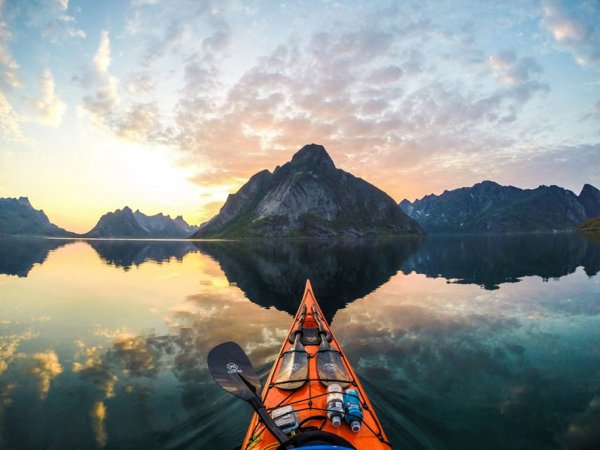
The above mentioned events and so much more. This does force us to contemplate how our activities have affected the planet, and how with our absence Earth is becoming better.
Even after the record dip in pollution, the scientists say that this is still less than what is needed every year in this decade to avoid disastrous climatic impact on the world. With this, we can understand that the task at hand is humongous.
As travellers we need to understand that these beautiful places are a privilege and preserving them is our responsibility. So, during this lockdown let's sit and work out ways we can help Earth heal even after we are allowed to roam around free.
You may like post

NEW TO MANY UNIQUE TO NONE --THE FIRST DOLL MUSEUM OF INDIA
Shankar's International Dolls Museum is the best place for kids.
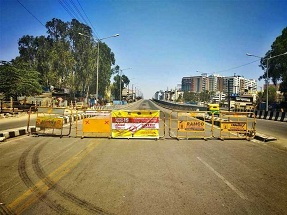
Unlock 2: The states that allow interstate travel without e-pass
Lockdown 6 - Unlock 2 has been enforced from July 1, 2020. According to the guidelines enforced by the Home Ministry, interstate travel will not require an e-pass or separate permit.






